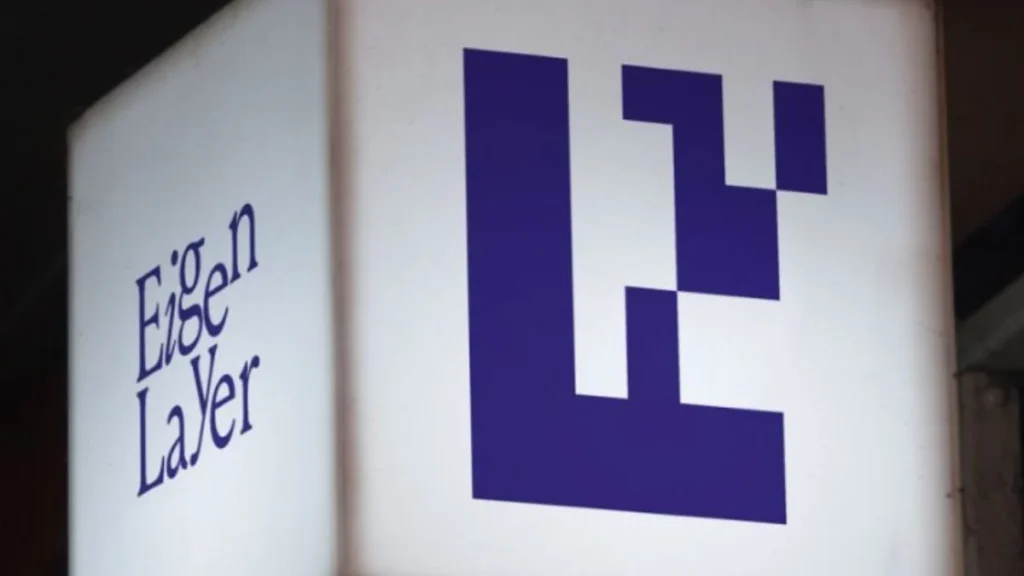The Ethereum Dencun hard fork, slated for March 2024, promises a wave of enhancements to the Ethereum mainnet, spearheaded by various Ethereum Improvement Proposals (EIPs). Among these proposals, EIP-4844, also known as proto-danksharding, stands out as a potential game-changer for Ethereum rollups and layer-2 scaling solutions. This article delves deep into the intricacies of EIP-4844 and its profound implications for the Ethereum ecosystem.

Understanding the Current Landscape
In the bustling Ethereum ecosystem, layer-2 scaling solutions like rollups play a pivotal role in addressing the network’s scalability challenges. These solutions enable off-chain transaction processing while leveraging Ethereum’s security, thereby enhancing transaction throughput and mitigating costs. However, the prevailing method of data availability, predominantly reliant on costly “calldata” storage, presents significant hurdles, with costs soaring to around $1000 per megabyte.
EIP-4844: An Overview
EIP-4844 introduces a groundbreaking paradigm shift by introducing blob transactions as an alternative to calldata. Blobs are short-term data storage systems designed to satisfy Ethereum rollup solutions’ data availability needs. Unlike calldata, which imposes exorbitant expenses, blobs offer a more efficient and cost-effective means of storing and processing data. By embracing blobs, rollups can potentially revolutionize transaction processing, ushering in a new era of affordability and scalability.
Exploring the Mechanics of Blob Transactions
Blob transactions, characterized by their dynamic pricing model, adapt to fluctuating levels of network activity. When demand for data posting surges, the price of blobs escalates, ensuring a stable and sustainable transaction environment. Conversely, during periods of reduced activity, blob prices decrease, fostering accessibility and affordability for users. This dynamic pricing mechanism strikes a delicate balance between cost-effectiveness and network efficiency, laying the groundwork for a robust transaction ecosystem.
Impact on Transaction Costs
One of the primary implications of EIP-4844 is its transformative effect on transaction costs within the Ethereum network. By enabling rollups to submit transactions as blobs, the proposal aims to alleviate the financial burdens associated with data posting. This reduction in costs not only enhances accessibility for users but also stimulates innovation and adoption across diverse sectors of the Ethereum ecosystem.
Shared Posting: Collaboration for Cost Efficiency
Shared posting emerges as a compelling strategy for further reducing the cost of data posting. By pooling resources and combining their data, rollups can achieve significant cost savings while maintaining optimal efficiency. However, the intricacies of cost-sharing present challenges, particularly in reconciling the disparate needs and priorities of participating rollups.
Looking Beyond Ethereum
While Ethereum remains the focal point of discussion, rollups have the flexibility to explore alternative data availability solutions beyond the Ethereum mainnet. Platforms like Celestia and Eigenlayer offer viable alternatives. They empower rollups to diversify their data posting strategies and optimize resource allocation based on specific requirements.
Conclusion
EIP-4844 represents a seminal milestone in Ethereum’s evolution, offering a transformative solution to the challenges of data availability and transaction costs. As rollups embrace blob transactions and dynamic pricing mechanisms, the Ethereum ecosystem stands poised for unprecedented growth and innovation. By fostering collaboration, encouraging experimentation, and prioritizing user accessibility, Ethereum sets the stage for a future defined by inclusivity and sustainability in decentralized finance and digital transactions.
Disclaimer
FAQ
EIP-4844, also known as proto-danksharding, is an Ethereum Improvement Proposal aimed at enhancing Ethereum rollups and layer-2 scaling solutions by introducing blob transactions for more efficient data storage and processing.
By enabling more efficient and cost-effective data storage through blobs, EIP-4844 aims to significantly reduce transaction costs and improve scalability for Ethereum rollups and layer-2 solutions.


